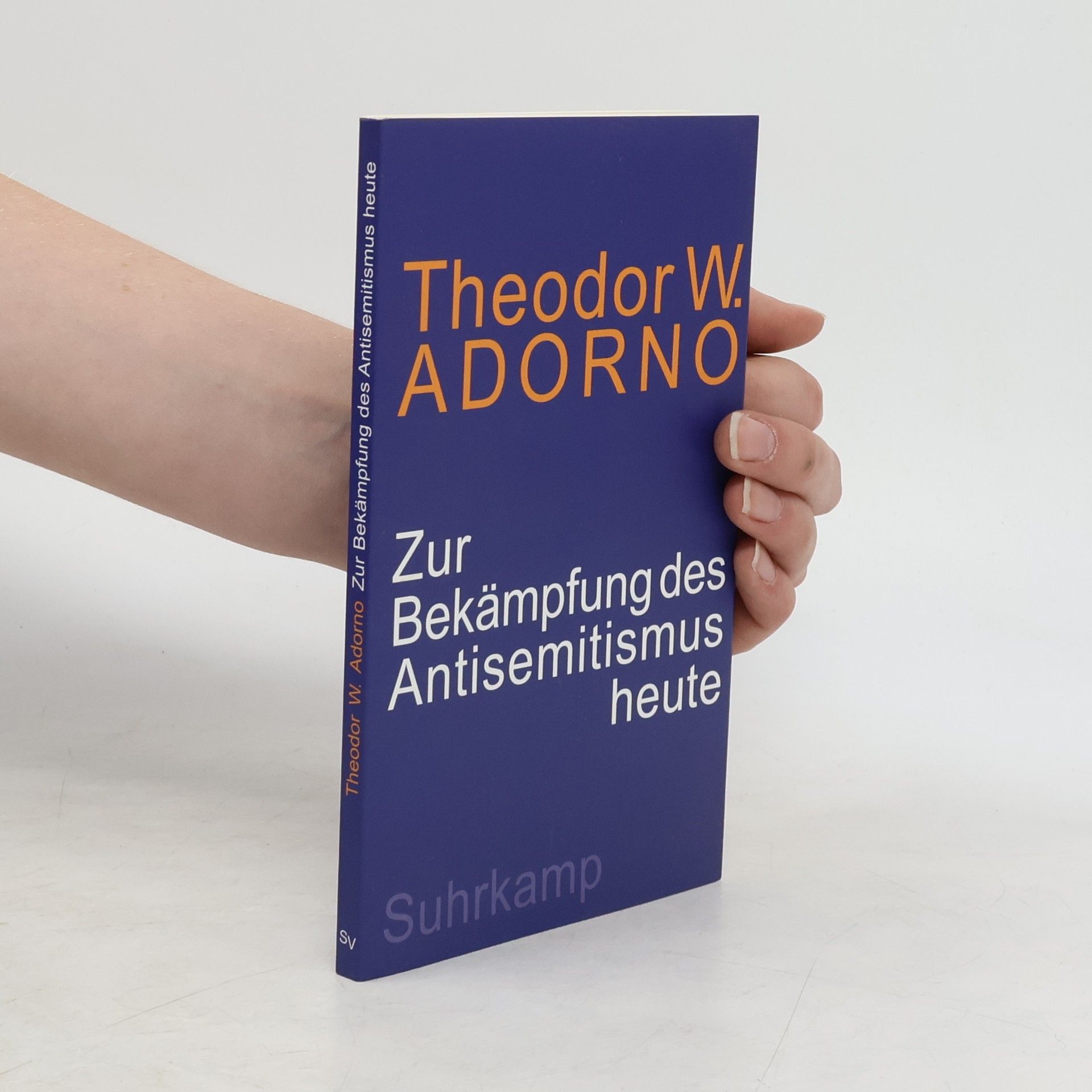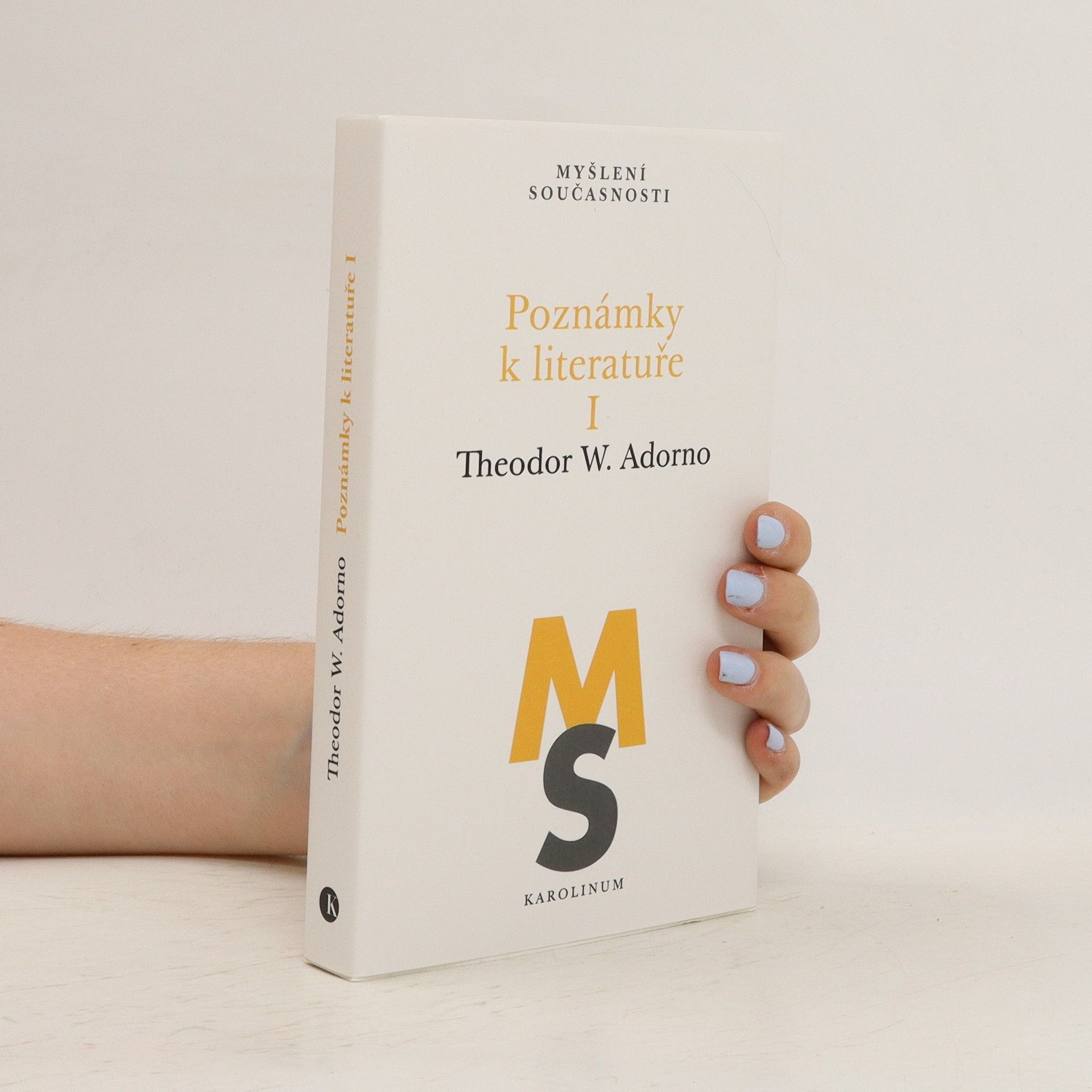K potírání antisemitismu: Přednáška
- 96 pages
- 4 hours of reading
Adorno považoval antisemitismus za klíčový prvek radikálních pravicových hnutí v poválečném Německu, spojující různé formy militantního nacionalismu. Upozorňoval na problém poloveřejné šeptandy, tedy „fám o Židech“, které mají reklamní charakter a zobrazuje šiřitele jako oběť. Identifikoval antiintelektualismus a konformismus jako hnací síly tohoto jednání, přičemž tvrdil, že sdílejí strukturu s rasismem. Zároveň varoval před idealizací Židů a židovství, neboť tento postoj může mít opačný efekt v boji proti antisemitismu. Tyto myšlenky přednesl na podzim 1962 na konferenci německé Koordinační rady spolků pro křesťansko-židovskou spolupráci, kde hovořil o boji proti antisemitismu. Český překlad vychází z německého vydání přednášky, která bude publikována v roce 2024. I když původní název obsahoval slovo „dnešního“, bylo z něj vynecháno, aby nedošlo k nedorozumění vzhledem k aktuální situaci. Text je transkripcí ze zvukového záznamu a Adorno se původně vyhýbal převodu své řeči do knižní podoby, avšak nakonec souhlasil a přidal krátký komentář. Charakteristické rysy ústního projevu byly v německém vydání zachovány a obdobně i v českém překladu. Doslov napsal Jan Philipp Reemtsma, který zdůrazňuje význam Adornových myšlenek pro současnost.



